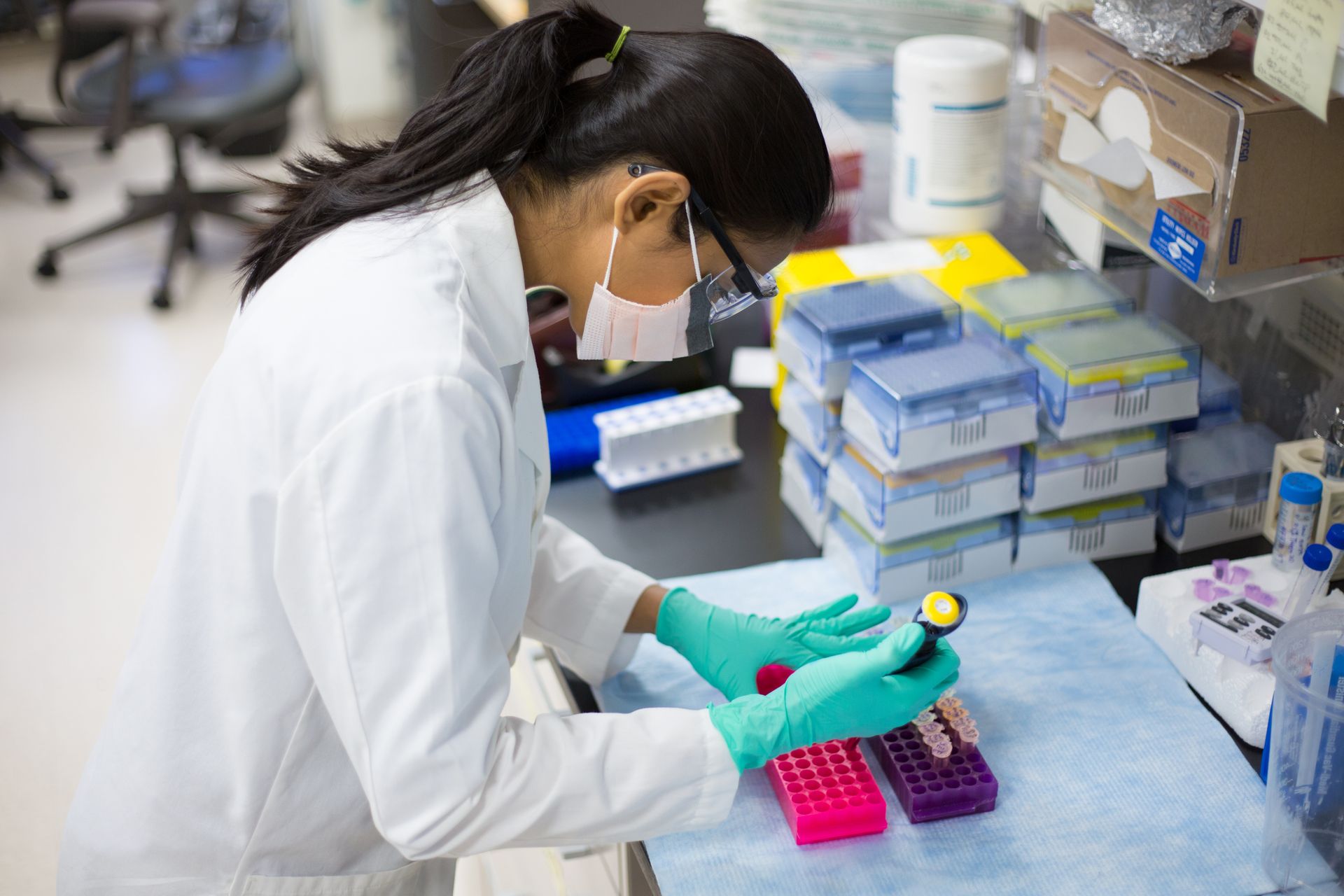The Future of Vaccines: Innovations and Global Immunization
The Future of Vaccines: Innovations and Global Immunization

In the midst of a global pandemic, the importance of vaccines and immunization has never been more evident. As the world grapples with the challenges posed by infectious diseases, we find ourselves at a pivotal point in history where groundbreaking innovations are shaping the future of vaccines. In this blog, we will explore the exciting advancements in the field of vaccines and how these innovations are paving the way for comprehensive global immunization. Join us as we delve into the incredible achievements and look towards a future where diseases are conquered with precision and efficiency.
Advancements in Vaccine Development
1. mRNA Vaccines: Revolutionary Breakthroughs
With the recent success of mRNA vaccines against COVID-19, this groundbreaking technology is revolutionizing the field. By utilizing the body's cellular machinery to produce viral proteins and trigger an immune response, mRNA vaccines offer unprecedented effectiveness and rapid response to emerging threats. This innovation creates a pathway for developing vaccines against a myriad of diseases, including cancer, infectious diseases, and even personalized immunotherapies.
2. Nanotechnology: A Tiny Key to Big Solutions
Nanotechnology holds immense potential in vaccine development, particularly in combating infectious diseases that pose significant global threats. Researchers can train the immune system to recognize and respond to specific threats by designing nanoparticles to mimic pathogens. Additionally, nanocarriers can transport vaccines directly to target cells, allowing for precise delivery and enhanced immune response. This innovation improves vaccine efficacy and provides opportunities for therapeutics in various disease areas.
3. Genetic Engineering: Tailoring Vaccines for Maximum Impact
Advancements in genetic engineering techniques have opened new avenues for tailoring vaccines to specific individuals, populations, or even strains of pathogens. Personalized vaccines can be designed to account for genetic variations that affect individual immune responses, enabling highly targeted and customized immunization. Furthermore, genetic engineering can optimize vaccines for different age groups, ensuring maximum safety and efficacy across the entire population.
Strengthening Global Immunization Efforts
1. Vaccine Delivery Systems: Overcoming Barriers
While the development of innovative vaccines is crucial, ensuring global immunization involves overcoming numerous logistical challenges. Innovative delivery systems, such as needle-free technologies, micro-patch vaccines, and inhalable vaccines, have the potential to revolutionize immunization campaigns worldwide. These approaches simplify administration and ensure broader coverage, especially in remote, underserved areas.
2. Supply Chain Optimization: Efficient Distribution
A robust and efficient supply chain is essential for the successful distribution of vaccines. We can use emerging technologies such as blockchain and IoT to create transparent and secure supply chain networks that minimize wastage, ensure adequate stock levels, and monitor temperature-sensitive vaccines during transportation. Streamlining the supply chain will ultimately lead to increased vaccine accessibility and reduced global health disparities.
3. Public Awareness and Education: Shaping Vaccine Perceptions
Building public trust and understanding regarding vaccines is key to achieving global immunization. Comprehensive public awareness campaigns, rooted in evidence-based information, can debunk myths and misconceptions surrounding immunization and promote vaccine confidence. By effectively addressing concerns and highlighting the immense benefits vaccines offer, we can overcome vaccine hesitancy and promote a global culture of immunization.
Contact Fladger Associates Today
The future of vaccines is bright, and the road to global immunization lies before us. We must embrace these innovations and work together to ensure equitable access and uptake of vaccines worldwide. If you're eager to launch your career in the pharmaceutical industry, Fladger Associates can help you take the first step toward securing your dream job. Our team of industry experts and seasoned recruiters has extensive knowledge of the pharmaceutical sector and can guide you through the application process. Contact us today to kickstart your journey into the rewarding world of pharmaceuticals.
Fladger Associates. All Rights Reserved.









